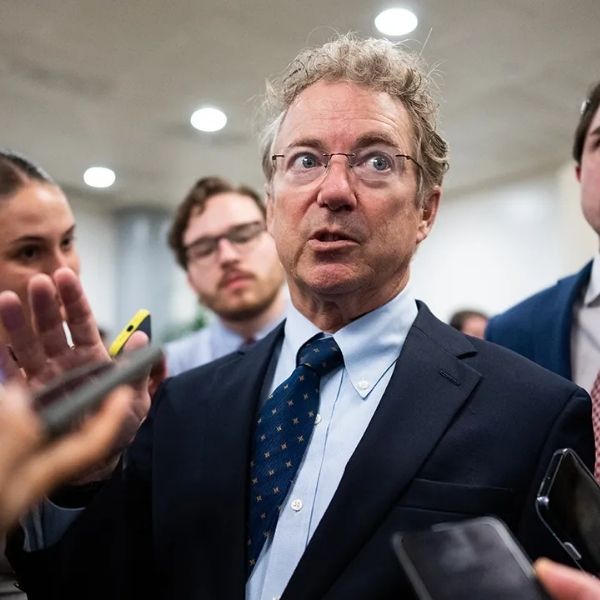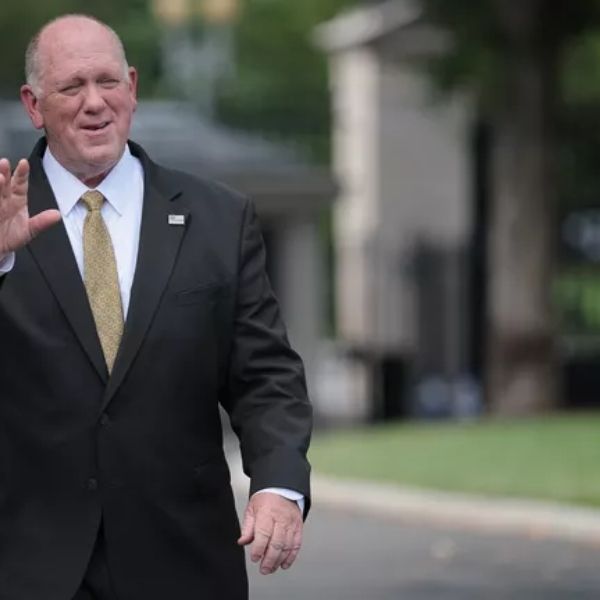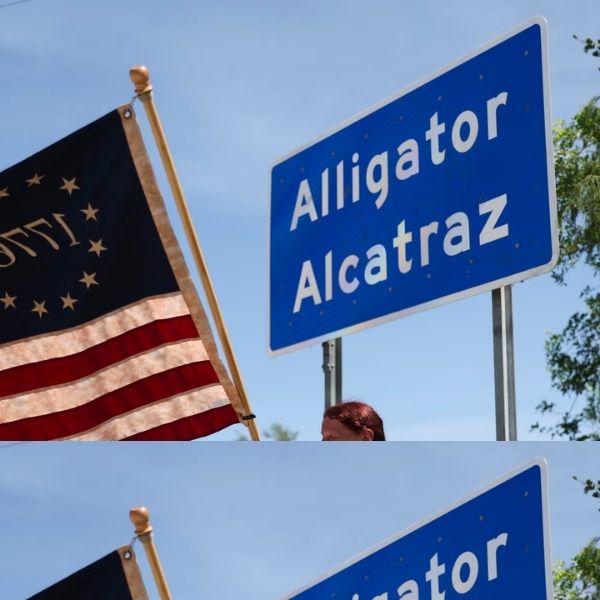President Trump’s sweeping One Big Beautiful Bill (OBBB) delivers major wins to the fossil fuel industry by expanding federal oil and gas leasing and enhancing subsidies through tax credits and royalty reductions, significantly rolling back climate-focused reforms enacted under the Biden administration.
Onshore and Offshore Leasing Reinstated
One of the bill’s central features is a mandate to resume quarterly oil and gas lease sales on federal lands, reversing key restrictions from the Inflation Reduction Act:
-
The Department of the Interior must conduct four lease sales per year in nine energy-producing states, including Wyoming, New Mexico, Texas, and Oklahoma.
-
It redefines “eligible” land for leasing as all public land not specifically prohibited by statute, widening industry access.
-
Lease requests must be processed within 18 months, and agencies cannot impose new environmental rules beyond what’s already in land use plans.
Offshore leasing is also significantly expanded:
-
The Gulf of Mexico will see at least 30 lease sales through 2040, with two per year from 2026 to 2039.
-
Alaska’s Cook Inlet is slated for six new offshore sales.
-
Each Gulf lease sale must offer no fewer than 80 million acres, or all remaining unleased acreage.
Major Changes to Carbon Capture Subsidies
The OBBB reshapes the 45Q carbon capture and sequestration (CCS) tax credit system:
| Use of Captured CO₂ | Previous Credit | New Credit |
|---|---|---|
| Permanent Storage | $85/ton | $85/ton |
| Enhanced Oil Recovery (EOR) | $60/ton | $85/ton |
| Direct Air Capture (DAC) + EOR | $130/ton | $180/ton |
-
Critics argue the new parity undermines incentives for long-term storage and favors fossil fuel extraction.
-
Supporters claim the changes will spur investment in CCS technologies and support domestic energy production.
Tax Breaks and Industry Incentives
The OBBB also loosens tax requirements for oil and gas companies by modifying the Corporate Alternative Minimum Tax:
-
Companies can now immediately deduct intangible drilling costs, rather than spreading them over the life of a well, significantly reducing upfront tax liability.
Additional industry-friendly measures include:
-
Reduced royalty rates for drilling on public lands and waters, dropping from 16.67% to 12.5%.
-
Elimination of several federal fees, including those tied to methane emissions, which were previously designed to discourage excessive greenhouse gas releases.
What It Means
-
Oil and gas companies stand to benefit enormously, with faster permitting, lower taxes, and reduced regulatory burdens.
-
Environmental advocates warn the bill could increase fossil fuel production, weaken climate efforts, and disincentivize long-term carbon storage.
-
Governors in several states have already begun reviewing the local impacts of the bill, especially where public lands and resource extraction are central to the economy.
The legislation underscores Trump’s broader energy policy vision: prioritizing fossil fuel dominance, reducing environmental regulations, and maximizing domestic resource exploitation.
This article has been carefully fact-checked by our editorial team to ensure accuracy and eliminate any misleading information. We are committed to maintaining the highest standards of integrity in our content.
















Leave a Reply